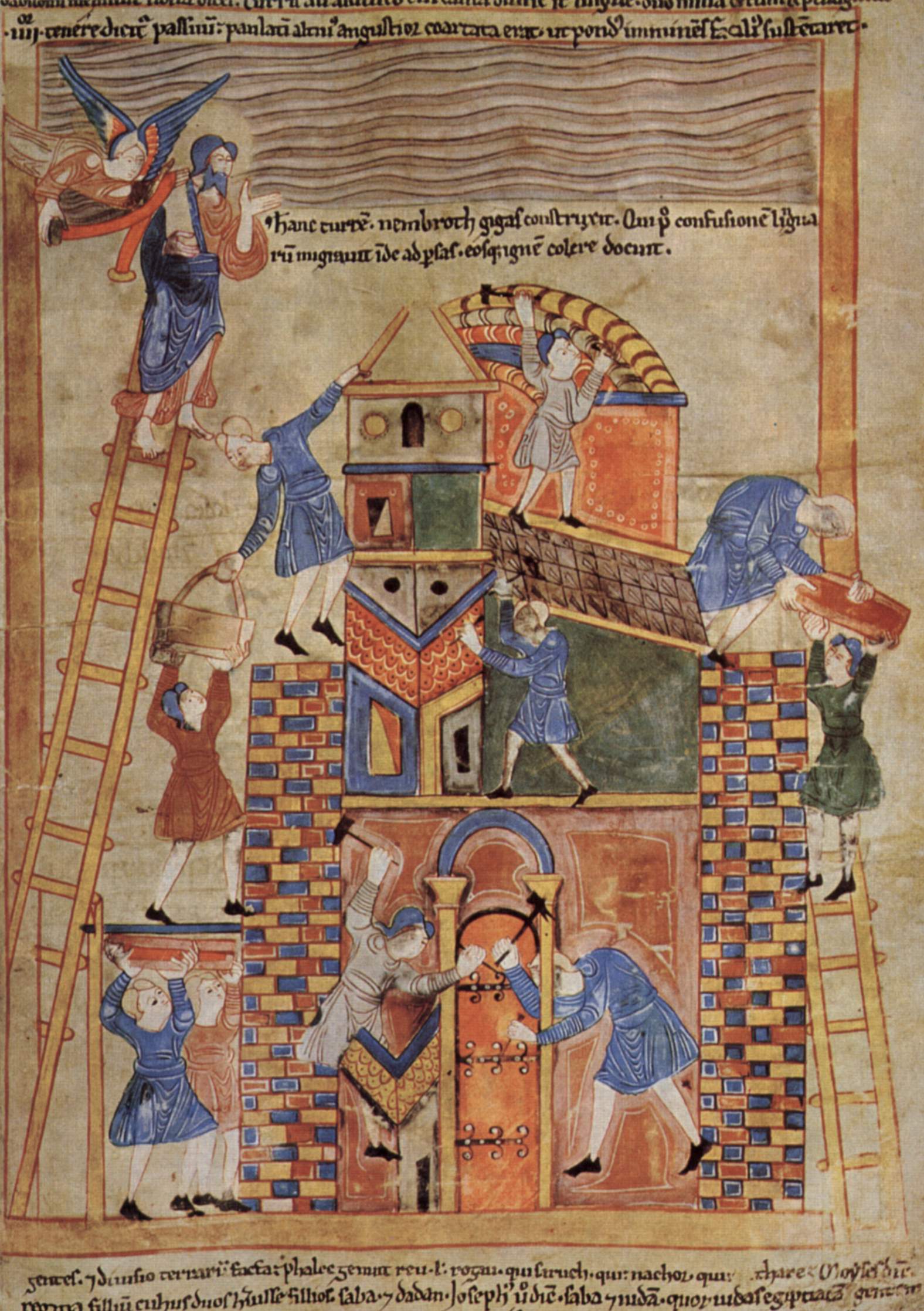|
Letter To Sigeweard
The ''Letter to Sigeweard'', also known ''Libellus de Veteri Testamento et Novo'' ('A short book on the Old and New Testament'), by Ælfric of Eynsham Ælfric of Eynsham ( ang, Ælfrīc; la, Alfricus, Elphricus; ) was an English abbot and a student of Æthelwold of Winchester, and a consummate, prolific writer in Old English of hagiography, homilies, biblical commentaries, and other genres ... (d. c. 1010), is, in the words of Hugh Magennis, 'the earliest extended discussion of the Bible, considered as a whole, in a western vernacular language and is one of the major discussions of the Bible in medieval English'.Hugh Magennis,Aelfric: Letter to Sigeweard, in ''The Literary Encyclopedia. Volume 1.2.1.01: English Writing and Culture: Anglo-Saxon England, 500-1066'', ed. by Richard William Dance and Hugh Magennis (Queen's University Belfast). Editions and translations * Marsden, Richard (ed.). ''The Old English Heptateuch and Ælfric's "Libellus de veteri testamento et novo"' ... [...More Info...] [...Related Items...] OR: [Wikipedia] [Google] [Baidu] |
Ælfric Of Eynsham
Ælfric of Eynsham ( ang, Ælfrīc; la, Alfricus, Elphricus; ) was an English abbot and a student of Æthelwold of Winchester, and a consummate, prolific writer in Old English of hagiography, homilies, biblical commentaries, and other genres. He is also known variously as ''Ælfric the Grammarian'' (''Alfricus Grammaticus''), ''Ælfric of Cerne'', and ''Ælfric the Homilist''. In the view of Peter Hunter Blair, he was "a man comparable both in the quantity of his writings and in the quality of his mind even with Bede himself." According to Claudio Leonardi, he "represented the highest pinnacle of Benedictine reform and Anglo-Saxon literature". Life and works Ælfric was educated in the Benedictine Old Minster at Winchester under Saint Æthelwold, who was bishop there from 963 to 984. Æthelwold had carried on the tradition of Dunstan in his government of the abbey of Abingdon, then in Berkshire, and at Winchester he continued his strenuous support for the English Benedictin ... [...More Info...] [...Related Items...] OR: [Wikipedia] [Google] [Baidu] |
Hugh Magennis (scholar)
Hugh Magennis is a scholar of Old English and the author of several books on Anglo-Saxon society and poetry, including especially ''Beowulf''. Biography Hugh Magennis gained his bachelor's degree at Queen's University Belfast in 1970. He obtained his master's degree there in 1972 and his PhD also there in 1981. He joined the staff of the university in the 1970s, becoming a full professor, head of its School of English and director of its Institute of Theology. He served from 2004 as chair of the Teachers of Old English in Britain and Ireland, and from 2011 its honorary president. Honours and distinctions A ''festschrift'' called ''Saints and Scholars: New Perspectives on Anglo-Saxon Literature and Culture in Honour of Hugh Magennis'', was published in 2012. A collection of studies in his honour, entitled "Holy and Unholy Appetites in Anglo-Saxon England" was published the same year in ''English Studies''. Magennis became a member of the Royal Irish Academy in 2006. He is a Fe ... [...More Info...] [...Related Items...] OR: [Wikipedia] [Google] [Baidu] |
Old English Literature
Old English literature refers to poetry and prose written in Old English in early medieval England, from the 7th century to the decades after the Norman conquest of England, Norman Conquest of 1066, a period often termed Anglo-Saxon England. The 7th-century work ''Cædmon's Hymn'' is often considered as the oldest surviving poem in English, as it appears in an 8th-century copy of Bede's text, the ''Ecclesiastical History of the English People''. Poetry written in the mid 12th century represents some of the latest post-Norman examples of Old English. Adherence to the grammatical rules of Old English is largely inconsistent in 12th-century work, and by the 13th century the grammar and syntax of Old English had almost completely deteriorated, giving way to the much larger Middle English literature, Middle English corpus of literature. In descending order of quantity, Old English literature consists of: sermons and saints' lives; biblical translations; translated Latin works of the ... [...More Info...] [...Related Items...] OR: [Wikipedia] [Google] [Baidu] |

